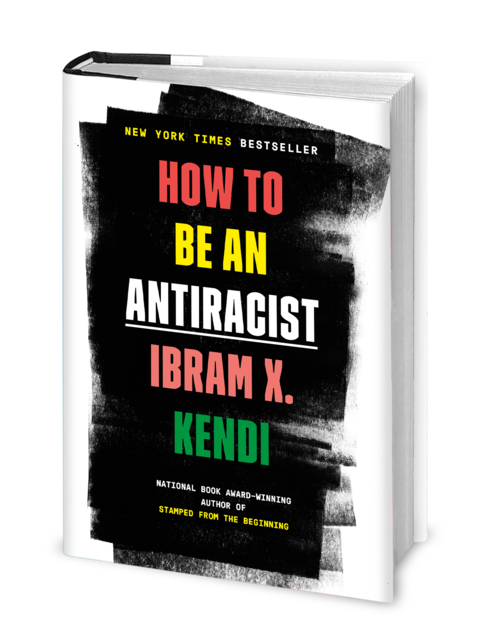3 Deep Reads to Understand Race in Hawaiʻi in 2020
Of all the resources out there about race and racism, some are more helpful than others, especially in understanding how race functions in Hawai’i. There are no shortcuts to understanding. These three resources skip unnecessary detours.
When threatened, people will use what ever tool they have at hand to protect themselves and loved ones. Race is just one of those tools. Perhaps the question is: what will we protect? Which tools will we be willing to use? At what cost? The history of race in Hawaiʻi and elsewhere is a chronicle of our choices.
How to be an Anti-Racist by Ibram Kendi
This 2019 book isn’t about race in Hawai’i, but it does propose a framework for understanding race, racism, and anti-racism that translates well to Hawaiʻi. How to be an Anti-Racist asks people to keep a sharp focus on the outcomes of individual and collective choices, not peopleʻs intentions. With the moral assessment of individuals out of the way, Kendi offers a path for everyone to participate in creating equitable outcomes across racial differences in any context.

This is a very philosophical book that begins with basic definitions and then methodically explores how those definitions help with understanding how racial inequities are created and perpetuated in various contexts and social intersections. Even for veterans of anti-racism and anti-oppression work, the book is a great contemporary introduction to the concept of “ intersectionality” and the difference between being “non-racist” and “anti-racist.”
Itʻs also a deeply personal book. It’s not surprising that Kendi would use his own life story to illustrate the points he is making. What is surprising, is that the book turns into a chronological chronicle of Kendi’s life and his own understanding of how racism weaves itself into every aspect of life.
If you want to read just one book that will give you tools to analyze and to end inequities across racial differences, this is your book. I wish I had it when I was eighteen.
Kendi has published a discussion guide for book clubs on his website https://www.ibramxkendi.com
Haloes In Hawaiʻi by Judy Rohrer
This is a quick but difficult read on how the categories of Hawaiian, local, and haole emerged and evolved together, and continue to do so. It’s written for an academic audience, so it assumes familiarity with the language and assumptions of academia. If you can get over that, Haloes In Hawaiʻi gives a concise overview of the history of words describing race in Hawaiʻi and how different groups use the words in different ways to tell different stories about Hawaiʻi. Even if your ancestors have been living on these islands for generations, it’s likely that something in this book will be new to you if you haven’t been following the scholarship.

You might be disappointed that the one book I'm recommending about race in Hawaiʻi centers it's attention on the haole. Here’s a thought: perhaps it’s the non-haole’s insistence on naming the haole that disrupts the haole’s ability to de-center all other racial categories in Hawaiʻi…
Individual arguments in the book aren’t always convincing. For example, I think people find the hapa-haole category appealing for more reasons than just wanting to avoid the category of haole. But if you want to quickly get up to speed on how racial categories function in Hawai’i today (or as of 2010, the books’s date of publication), this book is the short and steep hill that will give you historical and conceptual perspective.
Roher has more recently publications on race which you can find on her website: http://judyrohrer.mystrikingly.com.
The Pōpolo Project
What does it mean to be Black in Hawaiʻi? How does Hawaiʻi’s distinct experience of race relates to the global experience of racism in its varying expression of anti-blackness/anti-darkness and white-supremacy?

The Pōpolo Project, an organization that explores “Blackness” in Hawaiʻi has been asking those questions for some time. Their website has a list of resources, the Pōpolo Syllabus, that includes both popular and academic books and articles, and links to blogs and online videos, etc. There is something to learn by just scanning the titles.
One of the articles in this list speaks directly to #blacklivesmatter. Even though it was written in 2017, it speaks to the moment we are living now. There is a powerful anecdote in the comments section, that’s worth the scroll down the page to read.